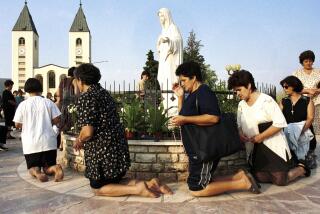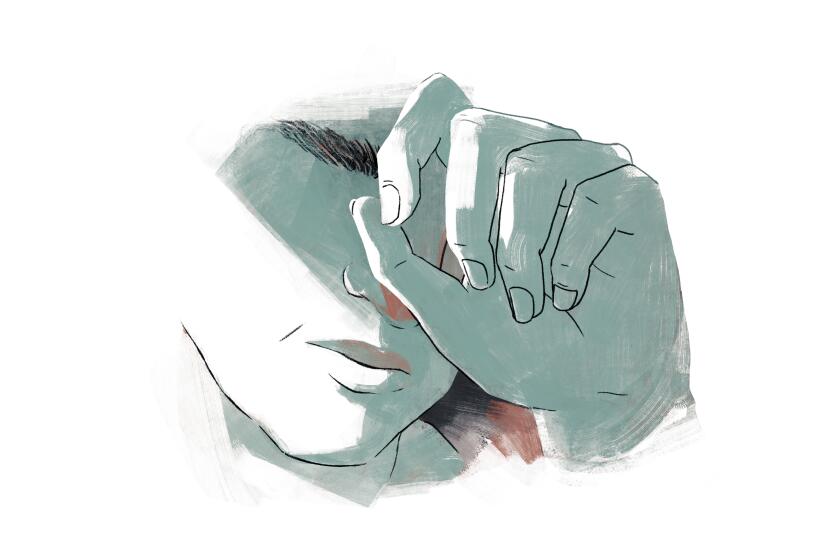Russian Economic Plan Falls Short, Critics Say
Nearly four months after Russia’s economy went into a tailspin, the government gave preliminary approval Thursday to an action plan designed to pull it out of its dive.
The plan includes a list of 33 draft laws and 36 other measures aimed at lowering taxes and increasing investment, but it does not address the badly out-of-balance federal budget--the key to any rescue plan.
“They are trying to impress the public with the number of the laws and decrees in the program,” economist Otto R. Latsis said. “But until the government plainly presents their draft budget, no one in their sound mind will believe that they have a program.”
The government’s plodding progress in developing an economic program illustrates how deep and difficult the crisis is--and how divided Russians are over what to do.
The International Monetary Fund and other lenders insist that the government step up tax collection and cut back social benefits--both of which are unlikely to be popular with workers who are unused to paying taxes and who have not been paid for months and even years.
The government’s plan calls for lowering taxes on businesses and individuals in the hope that more people will pay up--a theory the IMF disputes.
The program also calls for paying off wage and pension debts, imposing currency controls on exporters and restructuring the collapsed banking sector. It will also set up a Russian development bank to channel investment into promising industries.
At a news conference, Economics Minister Andrei Shapovalyants acknowledged that the government is still counting on IMF funds for part of its revenue.
He called the plan “very tough” because it will impose a new tax system and restructure social benefits, but he did not describe those proposals in detail.
The text of the plan is expected to be released this weekend; the government is asking parliament to pass the necessary legislation in the next six weeks.
The ruble crashed and Russia defaulted on its treasury debt Aug. 17, prompting the IMF to halt payment of a $4.3-billion installment of a $22.6-billion loan package.
IMF officials, including fund chief Michel Camdessus, have visited Moscow repeatedly in recent weeks, saying they will not release the tranche unless the government improves tax collection, balances the budget, refrains from printing money and implements structural reforms.
Russian frustration with the IMF is growing more vocal. Gennady N. Seleznyov, the Communist speaker of the lower house of parliament, said Russia should pay off the IMF and then sever relations.
“We have seen enough of these humiliating visits,” Seleznyov told a news conference Thursday. “To live according to IMF conditions, one would need to introduce a brutal dictatorship in Russia. Only a dictatorship could restrain people from the protest that will inevitably arise if the IMF precepts are followed.”
Still, many Russian officials believe that the government has no choice except to print rubles to pay off workers’ back wages and other debts that are hobbling the economy and raising public hackles.
Officials know that printing money will worsen inflation--prices are already up 70% over last December--but they consider inflation preferable to growing social unrest over unpaid benefits.
A national survey conducted by the respected Russian Center for Public Opinion Research found that 62% of Russians believe that the best thing for the country would be if President Boris N. Yeltsin resigns and calls new national elections.
More to Read
Start your day right
Sign up for Essential California for news, features and recommendations from the L.A. Times and beyond in your inbox six days a week.
You may occasionally receive promotional content from the Los Angeles Times.






